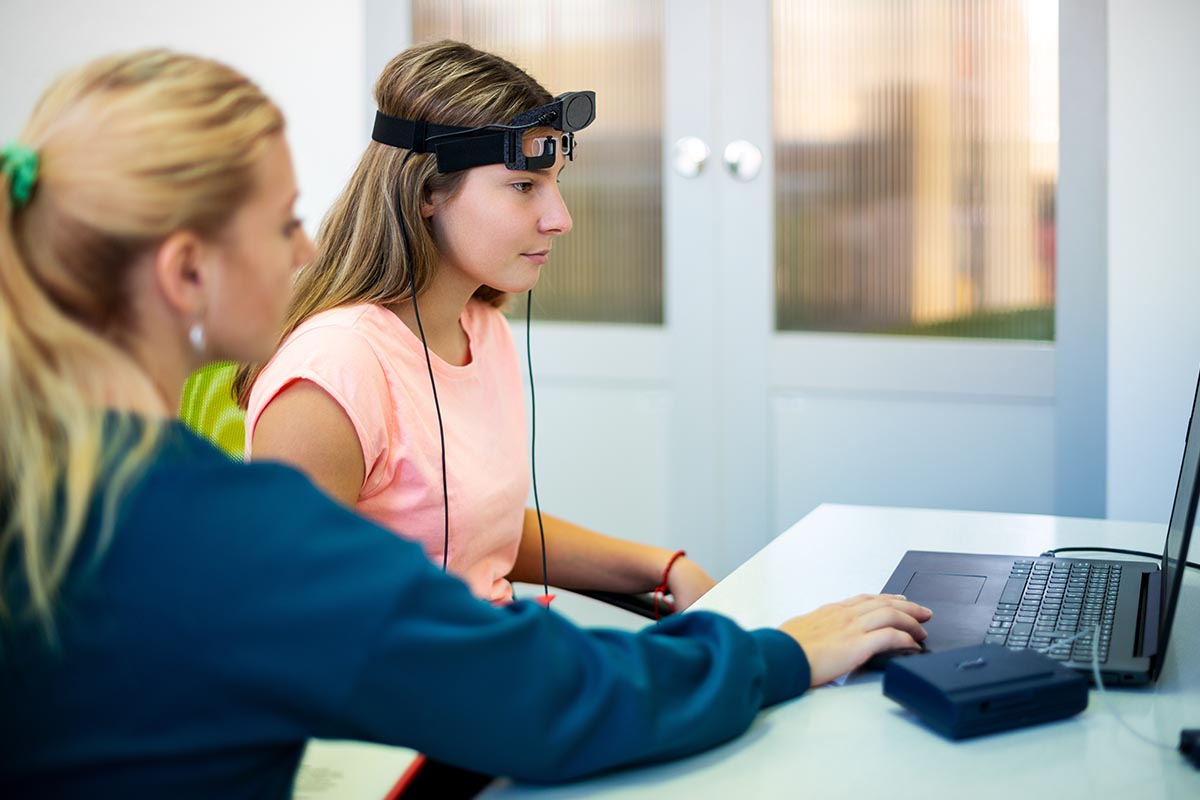Alcohol addiction continues to be a major health crisis all across the country, with roughly 40 million men and women struggling with alcohol abuse every year. While there is no cure for addiction, alcohol addiction counseling provides an effective treatment program that gives patients the skills and confidence necessary to reach their sober goals. For those who are ready for a real change in their lives, an outpatient detox center in Denver, Colorado is the safest space to begin their recovery journey.
At Colorado Medication Assisted Recovery, we help Colorado residents who are struggling with an addiction to alcohol, cocaine, or other harmful substances. Our team of behavioral therapists and medical professionals work together to form an effective alcohol abuse therapy program that focuses on their individual symptoms. If you or a loved one is struggling with alcohol addiction, call 833.448.0127 or fill out our online form today for more information about our alcohol addiction counseling program.
How Can Alcohol Addiction Counseling Help?
Therapy for alcohol addiction involves various forms of talk therapy to treat the wide-ranging psychological symptoms of addiction. Addiction can stem from a traumatic experience, abuse from family or significant others, genetics, and other factors. It takes a deep understanding of human behavior and the specific circumstances that led to the addiction to address the many causes and symptoms of alcoholism.
The types of therapy for alcohol addiction that are proven to be successful in helping patients recover include:
- Cognitive-behavioral therapy (CBT)
- Dialectical behavior therapy (DBT)
- Acceptance and commitment therapy (ACT)
- Motivational interviewing
At Colorado Medication Assisted Recovery, we offer discreet and effective counseling for alcoholism programs for people from all walks of life. We take each patient’s personal history into account to form an effective treatment program that gives them the skills and confidence they need to thrive.
What to Expect From Counseling for Alcoholism
Alcohol addiction counseling is very beneficial in treating those in recovery and helping them reach their goals. They gain valuable insight into how addiction affects them physically and mentally and how their actions affect others. At the same time, they develop a better outlook on themselves and the world around them.
Here is what you can expect from an alcoholism counseling program:
- To ease withdrawal symptoms during alcohol detox, medication-assisted treatment uses different medications that will reduce withdrawal symptoms and cravings to allow patients to focus on their recovery.
- Patients will work one-on-one with a behavioral therapist to talk about what led to the addiction and develop coping skills to stop their negative habits.
- During group therapy, patients will see how others are coping with their addiction and what works best for them. They will also practice coping skills while a therapist monitors their interactions for any troubling behavior.
- Patients will form healthy relationships with their peers during therapy that will become a strong support system for them during and after their treatment program.
- Family therapy is also included with alcohol abuse therapy and can help restore broken trust and relationships between parents, siblings, and spouses.
Each person’s recovery journey is unique and can take several months to complete. Some patients will continue therapy for years and even become a mentor to those just starting the program.
Colorado Medication Assisted Recovery Offers Discreet Outpatient Alcohol Detox
At Colorado Medication Assisted Recovery, our alcohol addiction counseling programs support all of those who are struggling with alcohol addiction. Our certified therapists and medical staff will work with you to find the best treatment options for your condition. Our outpatient treatment programs include inpatient and remote telehealth options to give you the support you need when you need it.
It’s time to take that first step toward a healthy life and put down the bottle. Pick up the phone today and call 833.448.0127 to speak to our friendly staff about starting your path to a healthier future.


























